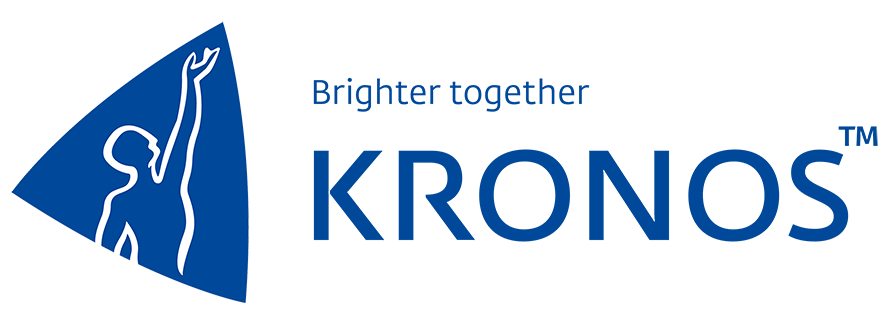Negotiation Skills Training for Union Leaders Checklist
Developing negotiation skills in union leaders through training, enhancing their ability to effectively communicate, manage conflict, and reach mutually beneficial agreements.
Pre-Negotiation Preparation
FAQ
How can I integrate this Checklist into my business?
You have 2 options:
1. Download the Checklist as PDF for Free and share it with your team for completion.
2. Use the Checklist directly within the Mobile2b Platform to optimize your business processes.
How many ready-to-use Checklist do you offer?
We have a collection of over 5,000 ready-to-use fully customizable Checklists, available with a single click.
What is the cost of using this Checklist on your platform?
Pricing is based on how often you use the Checklist each month.
For detailed information, please visit our pricing page.
What is Negotiation Skills Training for Union Leaders Template?
A comprehensive guide outlining the objectives, structure, and key components of a negotiation skills training program specifically designed for union leaders. This template includes:
- Clear learning objectives
- Detailed agenda and schedule
- Essential topics to cover (e.g., interest-based bargaining, problem-solving techniques)
- Interactive exercises and activities
- Case studies or role-playing scenarios
- Evaluation methods and assessment tools
- Practical tips and resources for union leaders
How can implementing a Negotiation Skills Training for Union Leaders Template benefit my organization?
Here's an example answer:
Implementing a Negotiation Skills Training for Union Leaders Template can significantly benefit your organization in several ways:
- Enhanced collective bargaining outcomes through more effective communication and negotiation strategies
- Improved relationship-building with union leaders, fostering a collaborative environment and promoting mutually beneficial solutions
- Increased employee engagement and satisfaction through improved workplace conditions negotiated by informed union leaders
- Reduced conflict resolution time and costs due to more efficient dispute resolution techniques
- Enhanced organizational reputation as a responsive and responsible employer
- Better preparedness for future negotiations and potential disputes, ensuring long-term stability and productivity
What are the key components of the Negotiation Skills Training for Union Leaders Template?
- Introduction to negotiation principles
- Understanding union goals and objectives
- Preparing for negotiations
- Building relationships and trust
- Communicating effectively during negotiations
- Identifying and addressing conflict
- Making and defending proposals
- Bargaining strategies and techniques
- Managing emotions and maintaining a positive attitude
Negotiation Goals and Objectives
Understanding Negotiation Styles and Strategies
Building Relationships and Trust
Creative Problem-Solving and Compromise
Negotiation Ethics and Professionalism
Post-Negotiation Evaluation and Follow-Up
Certification and Commitment
Expense Reduction
 34%
34% Development Speed
 87%
87% Team Productivity
 48%
48% Generate your Checklist with the help of AI
Type the name of the Checklist you need and leave the rest to us.
 Made in Germany
Made in Germany Fair Pricing Policy
Fair Pricing Policy




























 Certified Security and Data Protection
Certified Security and Data Protection Active Support and Customer success
Active Support and Customer success Flexible and Fully customizable
Flexible and Fully customizable